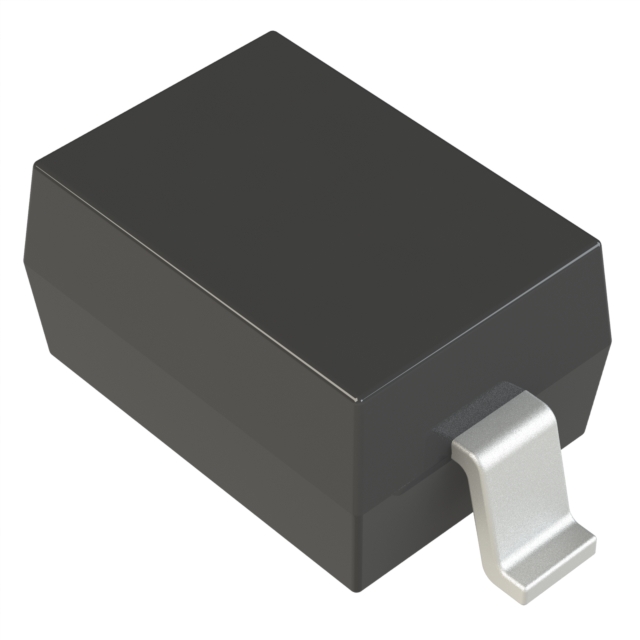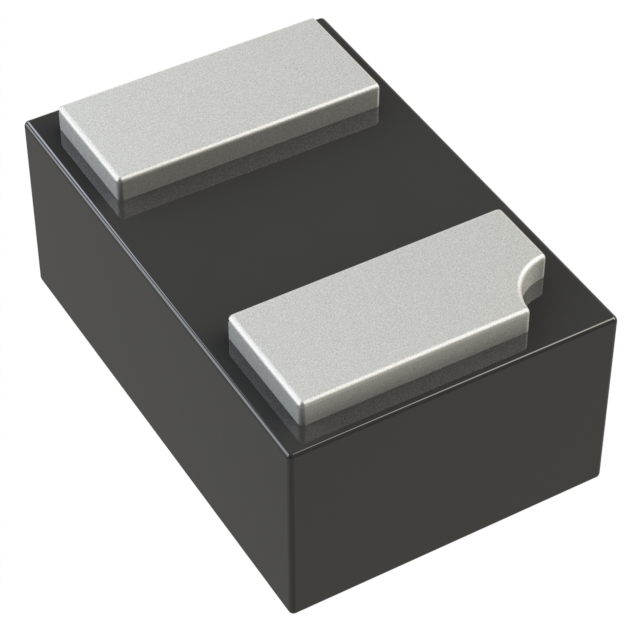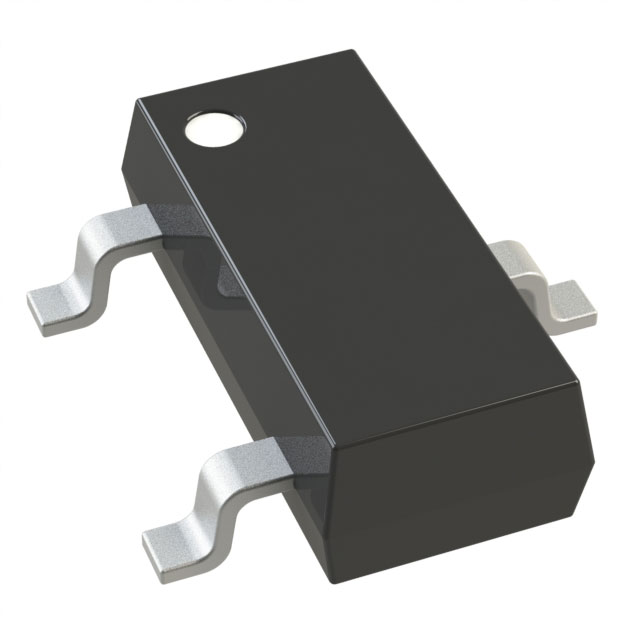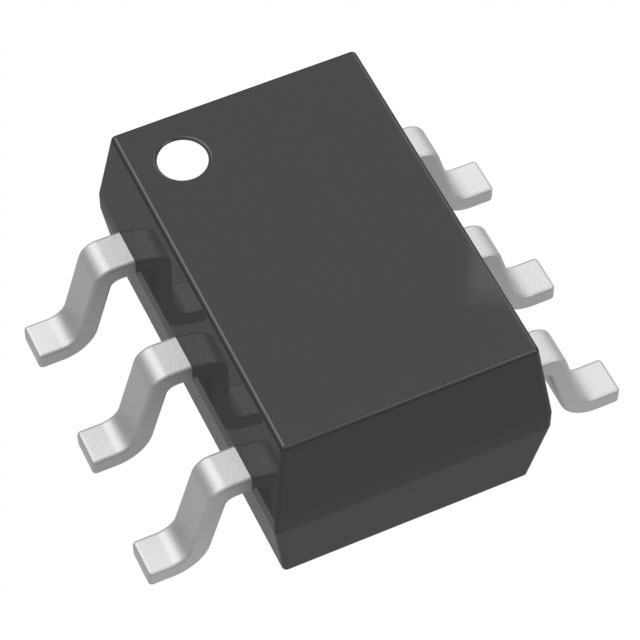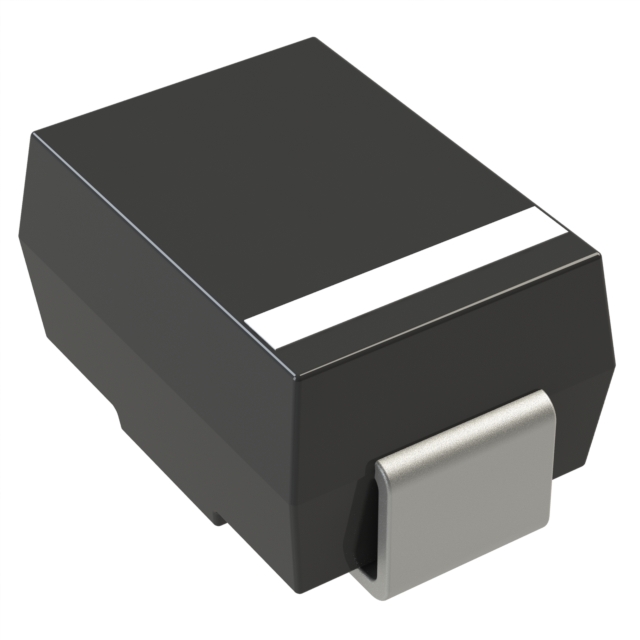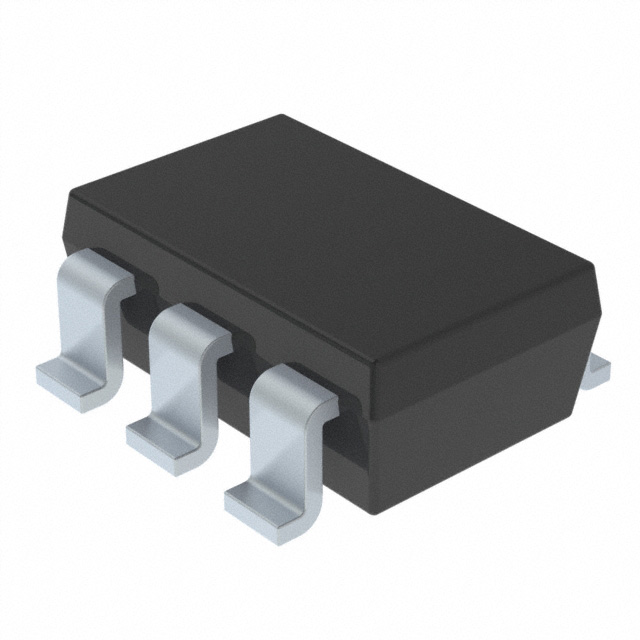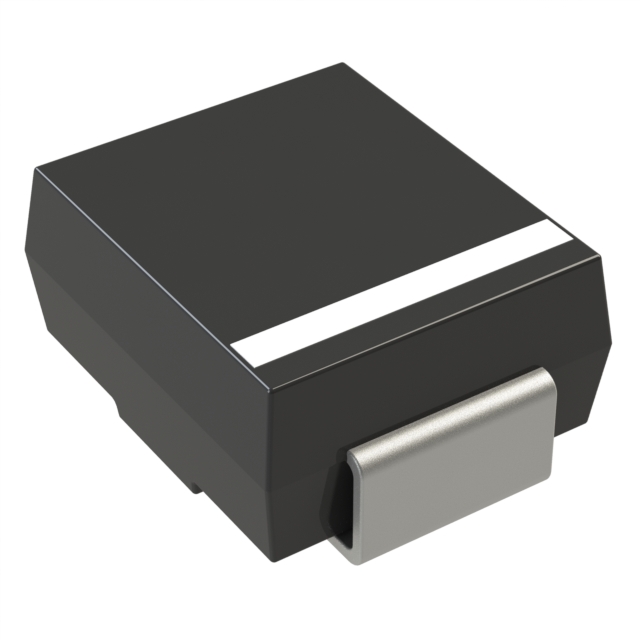Categories
- TVS Diodes(12)
- 1
Introduction of TVS Diodes (Transient Voltage Suppressors)
TVS diodes, also known as Transient Voltage Suppressors, are essential components designed to protect electronic circuits from voltage spikes or transients. These diodes work by clamping the voltage to a safe level, thereby preventing damage from events such as electrostatic discharge (ESD), lightning strikes, or power line crosses. TVS diodes are used across a wide range of applications, including automotive, telecommunications, industrial systems, and consumer electronics, ensuring the longevity and reliability of sensitive equipment.
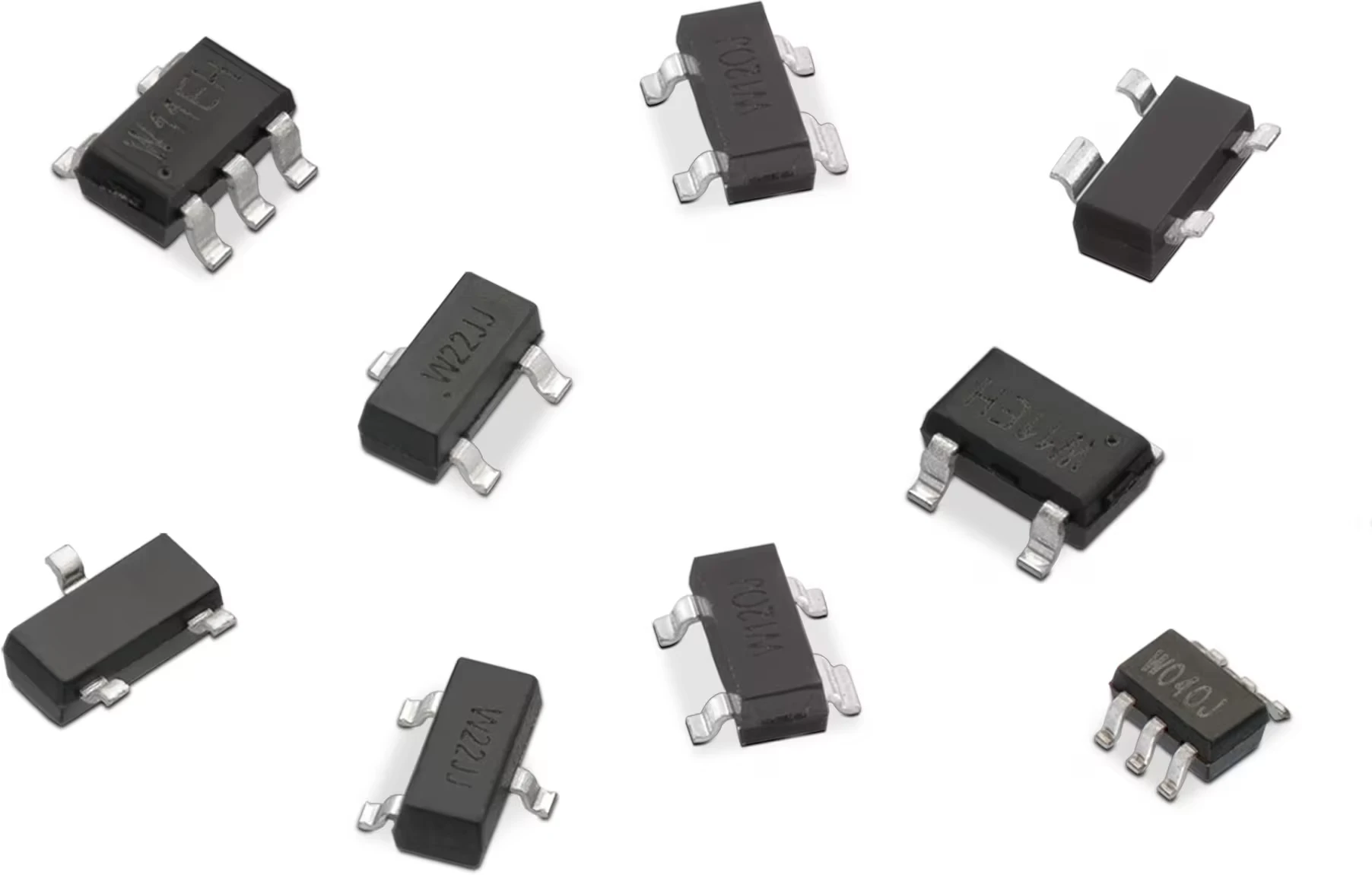
TVS diodes come in various forms, such as unidirectional and bidirectional, to cater to different voltage protection requirements. They are typically selected based on parameters like clamping voltage, peak pulse power, and response time. By quickly reacting to overvoltage conditions, they offer robust protection against both fast and slow voltage transients.
FAQs About TVS Diodes
1. What is a TVS diode and how does it work?
A Transient Voltage Suppressor (TVS) diode is a semiconductor device used to protect electronic circuits from voltage spikes or transients. It works by clamping high-voltage transients to a safe level, diverting excessive energy to ground and thereby preventing damage to sensitive components.
2. What are the differences between unidirectional and bidirectional TVS diodes?
Unidirectional TVS diodes protect against voltage spikes in one direction, typically used for DC circuits. Bidirectional TVS diodes provide protection in both directions, making them suitable for AC circuits or where voltage fluctuations may occur in either polarity.
3. How do I select the right TVS diode for my application?
When selecting a TVS diode, consider factors like the maximum voltage the circuit can tolerate, the clamping voltage (the voltage level at which the diode starts to conduct), and the peak pulse power rating (the amount of energy the diode can absorb). Matching the diode to the circuit's voltage and transient characteristics is crucial for effective protection.
4. Can TVS diodes be used in high-power applications?
Yes, TVS diodes come in a wide range of power ratings, including high-power options for protecting industrial and automotive systems. It's important to choose a diode with a peak pulse power rating that exceeds the potential energy of transient events in the system.
5. Are TVS diodes reusable after an overvoltage event?
In most cases, TVS diodes are designed to withstand multiple transient events, but they may degrade over time with repeated surges. Some high-energy events might permanently damage the diode, requiring replacement. Regular monitoring is recommended to ensure ongoing protection.
6. What are the main benefits of using TVS diodes in circuit protection?
TVS diodes provide fast and effective protection against voltage spikes, reducing the risk of damage to sensitive components. They are compact, cost-effective, and reliable, making them ideal for safeguarding electronics in various industries.
7. Where are TVS diodes commonly used?
TVS diodes are widely used in applications such as automotive electronics, telecom systems, industrial equipment, consumer electronics (like TVs and smartphones), and network devices, ensuring the protection of circuits from transient voltage spikes.







